Biotechnology & Good Manufacturing Practice
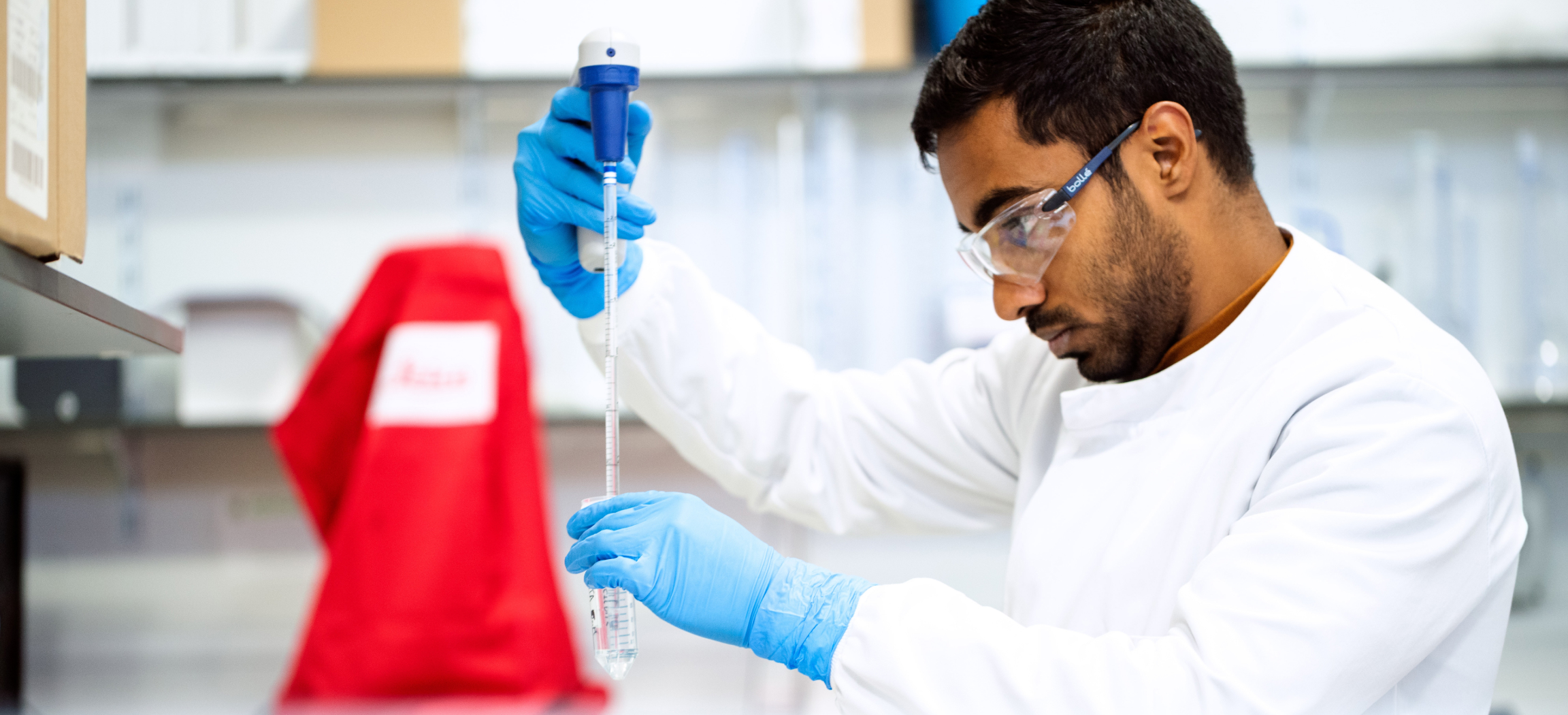
Defining “Biotechnology”
Biotechnology is the practical application of science developed by a cluster of diverse fields with a common link. It utilizes living organisms to manufacture products intended to improve the quality of life. The practical applications of biotechnology can be found in the following sectors:
• Pharmaceutical products (medications)
• Agriculture (genetically modified organisms)
• Research
• Bioremediation (removal of environmental pollutants)
Day and Evening Short Training Courses in:
Customizable course content and scheduling are available to meet company needs. These training courses are designed for researchers, laboratory technicians, manufacturing technicians, QC and QA Personnel, and Chemistry and Biology students.
For more information, please contact Isso Bayala, Biotechnology & Good Manufacturing Practice Program Instructor, ibayala@quincycollege.edu.
Career Spotlight
- Process Development Associate
- Validation Specialist Facilities Technician
- QA Documentation Coordinator
- Manufacturing Technician-Upstream
- Manufacturing Technician-Downstream
- Chemistry QC Technician
- Microbiology QC Technician
The average starting salary for associate’s degree holders in Biotechnology is $40,000-50,000.
Download the Biotechnology & Good Manufacturing Practice Overview Booklet.
Biotechnology & Good Manufacturing Practice Courses
-
Code
Course
Credits
-
- BIO 251
Microbiology w/Lab
- 4
-
- BTC 101
Introduction to Biotechnology
- 4
-
- BTC 210
Biochemistry
- 4
-
- BTC 220
Bio manufacturing I
- 4
-
- BTC 230
Bio manufacturing II
- 4
-
- BTC 240
Seminar in Biotechnology
- 1
-
- BTC 250
Bio manufacturing III
- 4
-
- BTC 260
Chromatography
- 4
-
- BTC 270
Chromatography II
- 4
-
- CHE 121
General Chemistry I w/Lab
- 4
-
- CHE 122
General Chemistry II w/Lab
- 4
-
- CHE 213
Organic Chemistry I
- 5
-
- ENV 101
Introduction to Environmental Studies
- 4
-
- PHL 103
Medical Ethics
- 3
-
- PHY 111
General Physics I
- 4
Associate of Science Degree
The Biotechnology Program is designed to prepare students for entry-level positions in the biomanufacturing industry. Students will develop a broad laboratory science- based background through courses focused in the life and chemical sciences, and will obtain industry-specific knowledge in the areas of quality control (QC), process development (PD), and upstream and downstream processing, while following current, good manufacturing practices (cGMP). In addition, students will learn valuable laboratory techniques and instrumentation, and develop critical thinking skills. Upon successful completion of the program, students may enter the workforce directly as entry-level laboratory technicians or research assistants, or may transfer to a four-year university to continue their studies at the baccalaureate level.
Program Outcomes
At the completion of this program, the student should be able to:
- Practice ethical standards of integrity, honesty, and fairness in scientific practices and professional conduct.
- Apply appropriate computer software and hardware skills to accomplish biotechnology lab tasks.
- Demonstrate technical knowledge of specialized techniques and instrumentation relating to biomanufacturing.
- Communicate thoughts, orally and in writing, in a clear well-organized manner that effectively informs scientific principles and lab techniques.
- Perform basic molecular biology & biochemical techniques.
- Apply GMP documentation to biomanufacturing.
- Perform all aspects of upstream and downstream processing in biomanufacturing.
- Develop critical thinking skills to solve complex scientific problems.
Certificate Program
The Biotechnology Program is designed to prepare students for entry-level positions in the biomanufacturing industry. Students will develop a broad laboratory science- based background through courses focused in the life and chemical sciences, and will obtain industry-specific knowledge in the areas of quality control (QC), process development (PD), and upstream and downstream processing, all while following current, good manufacturing practices (cGMP). In addition, students will learn valuable laboratory techniques and instrumentation, and develop critical thinking skills. Upon successful completion of the program, students may enter the workforce directly as entry-level laboratory technicians or research assistants.
Program Outcomes
At the completion of this program, the student should be able to:
- Practice ethical standards of integrity, honesty, and fairness in scientific practices and professional conduct.
- Apply appropriate computer software and hardware skills to accomplish biotechnology lab tasks.
- Demonstrate technical knowledge of specialized techniques and instrumentation relating to biomanufacturing.
- Communicate thoughts, orally and in writing, in a clear well-organized manner that effectively informs scientific principles and lab techniques.
- Perform basic molecular biology & biochemical techniques.
- Apply GMP documentation to biomanufacturing.
- Perform all aspects of upstream and downstream processing in biomanufacturing.
- Develop critical thinking skills to solve complex scientific problems.
Program Requirements – 22 Credits Totals
| Course | Title | Credit |
|---|---|---|
| BTC 101 | Introduction of Biotechnology w/Lab | 4 |
| BTC 102 | Buffer and Media Preparation | 2 |
| BTC 103 | Technical Writing in Biomanufacturing | 3 |
| BTC 202 | Protein Purification | 2 |
| BTC 220 | Biomanufacturing I | 4 |
| BTC 230 | Biomanufacturing II | 4 |
| BTC 240 | Seminar in Biotechnology | 1 |
| MAT 103 | College Algebra | 3 |
You might also be interested in...
-
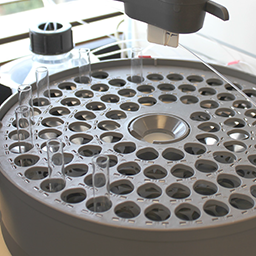
ÄKTA pure
The ÄKTA pure training course is designed for researchers, laboratory technicians, & manufacturing technicians.
-
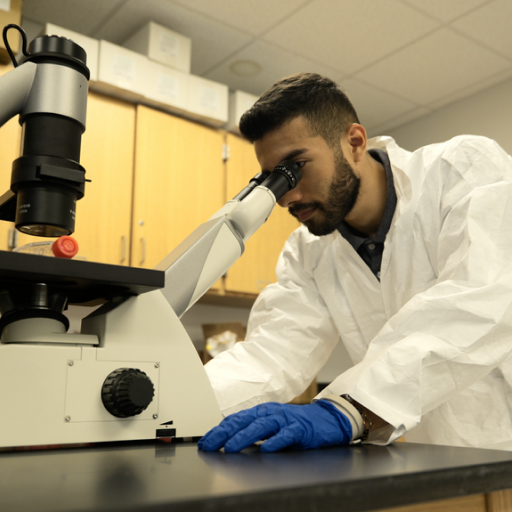
Biotechnology, Pathmaker Grant
Embark on a rewarding career in biotechnology or advanced biomanufacturing in our free 5-week program.
-
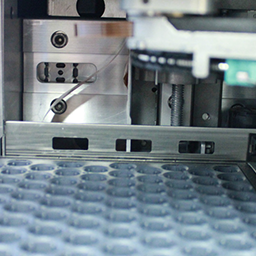
High-Performance Liquid Chromatography (HPLC) Certification
The Quincy College Non-Credit High-Performance Liquid Chromatography (HPLC) training course is designed for researchers, laboratory technicians, manuf
-
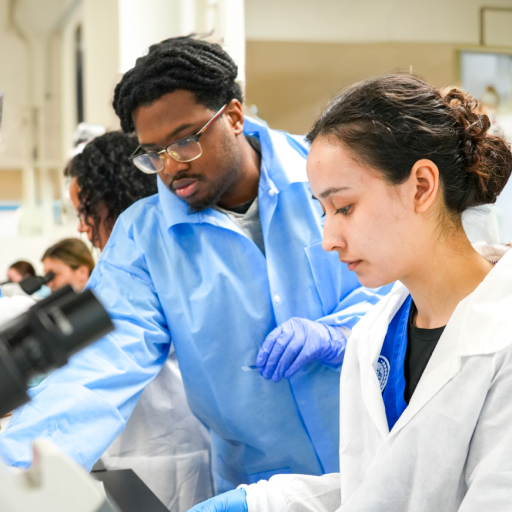
Medical Laboratory Technician
The MLT program consists of didactic and campus laboratory courses designed to progress the student through a two-year program.

